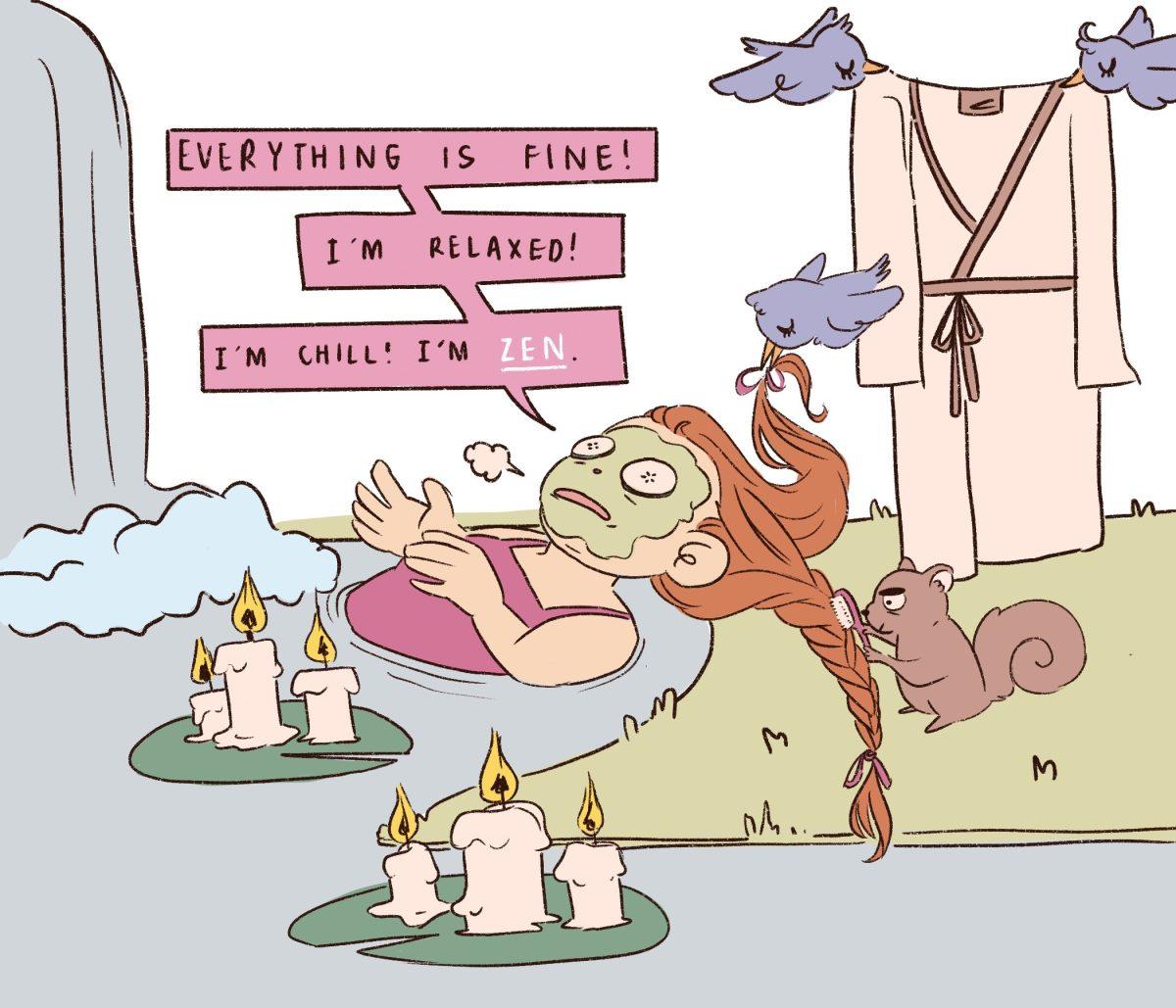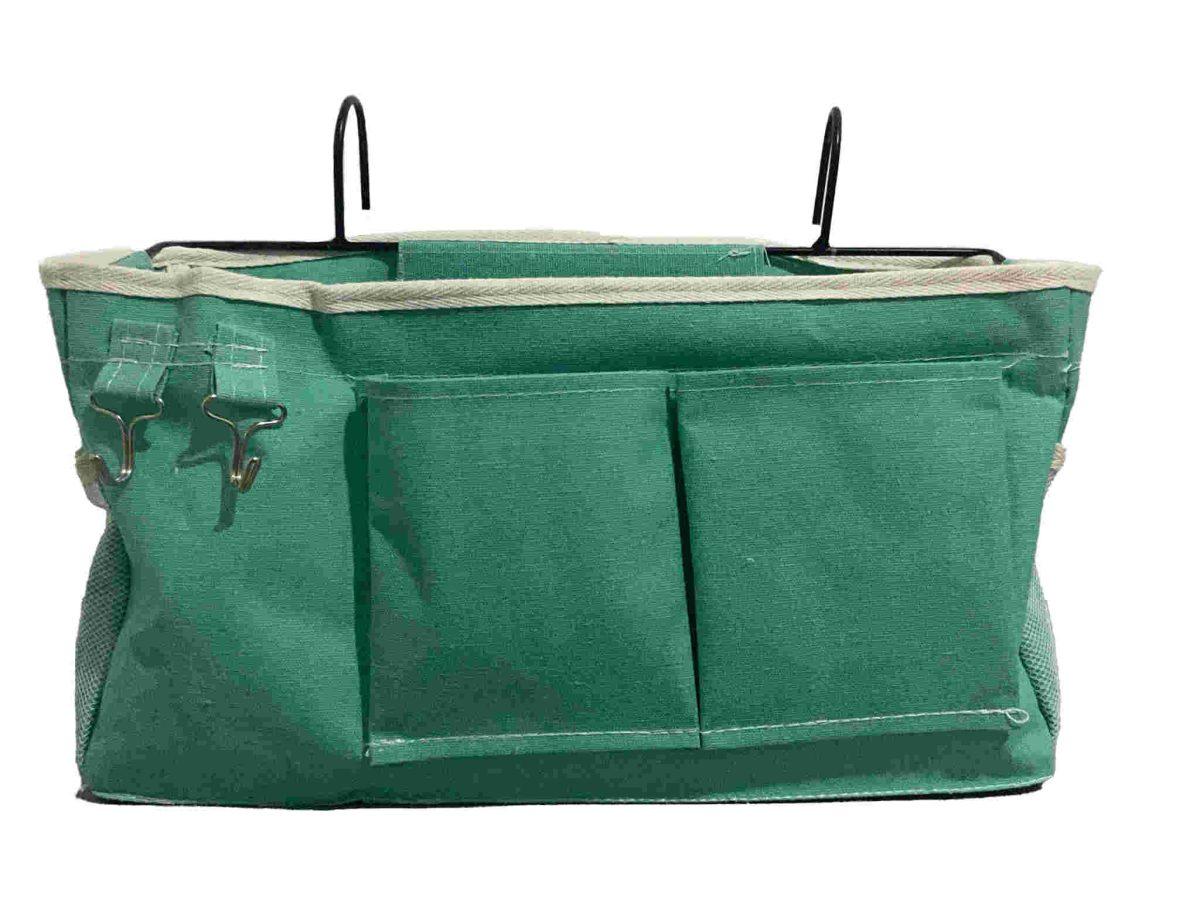How to manage mental health on your next great adventure
Ask almost any college student if they’re feeling stressed, and they’re likely to respond in the affirmative. Keeping up grades, extracurriculars, work and social life can be overwhelming at times, and many students’ mental health can suffer. Yet having good mental health is important — benefits include sharper memory, higher self-esteem and improved relationships. The Mercury spoke to Alanna Carrasco, staff psychologist and outreach coordinator of the UTD Student Counseling Center, for tips on how to take care of one’s mental health in college.
- Living in a new state or country
In addition to the stress of student life, international students may also face different cultural expectations and adjustments that might be difficult to get accustomed to, and even students from other states and cities might have to get acclimated to Dallas.
“For some students, that can be a pretty mild adjustment where maybe they just need some skills and stress management (and) time management, and for others it can be really quite traumatic to where maybe they’re kind of wondering if they made the right choice … if they chose the right major or moved to the right city or state,” Carrasco said. “So (the Student Counseling Center) definitely see(s) the spectrum of how we can impact students.”
International Student Orientation can be very useful in preparing international students for American college life. The Office of International Student Services is another place for international students to receive advising and attend workshops. Students can also better adjust by getting to know their roommate and reaching out to them — maybe even before they arrive on campus. Similarly, joining clubs and visiting professors’ office hours can help with getting used to both the academic and social life at UTD.
- COVID-19 and the New Normal
Carrasco says that she would encourage incoming students to start thinking as much as possible about what they want their first semester to look like. With the rise of COVID-19, it might not be as easy for students to participate in social events at first, but looking for what resources the university might be offering in terms of orientation, information on classes and different student support services might help ease the transition. For example, an artsy student might be interested in the Spring Arts Festival, running until June 24, which showcases visual art, creative writing and music created by students. Many of the music performances can be watched online on YouTube or Facebook, and the Arts and Performance Office is planning to create a virtual online tour presentation of student art. More details can be found on the Comet Calendar on UTD’s website.
“I think it’s just best to know as much information as possible coming into it. Not necessarily an information overload where you’re researching the UTD website or something every night,” Carrasco said. “But … I know a lot of student organizations are still holding virtual events or ways of connecting. They definitely want new students and new members. So, when things do reopen or return a little bit more to normal, students can already feel like they’ve seen some of those spaces.”
Many of UTD’s various clubs can be found on Presence, a website that showcases UTD’s 300+ clubs. You can join clubs or contact club officers through the website.
You can also join UTD’s discord servers, such as the UTD Class of 2024, the UT Dallas Discord and the UTD esports (such as LOLUTD) discord servers. This can help you connect to other students who are in the same class as you or share similar interests.
- Balancing Academics with a Social Life
It can initially be hard to adjust to a new schedule and a different environment away from family and friends, so there might be a bit more of a learning curve in the first few weeks when incoming students are learning to balance their academic life with their social life. Carrasco said it can help to check in with one’s personality type. Some students may feel more comfortable adjusting to college life by reading or reviewing their notes, while others may feel like they have more energy when spending time with others — whether virtually or in-person.
“I think, especially at UTD, there tends to be an atmosphere of ‘go, go, go and focus on academics only,’ thinking about the grades, GPA and internships,” Carrasco said. “I like to use the metaphor that if we haven’t (filled) our cups with the other things that make us enjoy life, whether that’s getting outside in nature, exercising, socializing, then we may really notice that we’re running dry in our motivation and energy to focus academically. So I think it’s important for people to consider: how am I feeling emotionally? Do I feel well-nourished enough to keep going academically? And if not, what might I be missing in some of those other areas of my life?”
- Practicing Self-Care
Finding ways to destress can be a good way for freshmen to keep up their mental health, Carrasco said, but the idea of destressing does not necessarily need to be a huge task or investment.
“Maybe (students) feel like, ‘Oh, I have to sign up for a yoga class or I need to … engage in some type of self-care retreat,’ when really I encourage people to do it maybe each week or do a little bit of a self-care check-in each day,” Carrasco said. “Are there small things you could do, maybe just five to 10 minutes a day? Like if you’re going outside … really taking in those elements of nature. Like how does the breeze feel on your face? What smells are you picking up on?”
Students can check in with themselves about what coping skills they might need to help alleviate stressors. According to Harvard Health Publishing, some common ways to destress involve meditation (which can reduce heart disease), yoga (which can relax the body and mind) and exercise (which releases mood-boosting endorphins). Playing a game of tennis, playing videogames or painting a picture are just a few ways to use your hobbies to your stress-relieving advantage.
“Some people in certain moments might need something to distract them. Maybe their mind is just racing with worries and thoughts and they just need a distraction for a temporary amount of time,” Carrasco said. “Maybe call a friend, maybe go on a walk or a jog, maybe watch some cute YouTube videos of animals at the zoo or something like that.”
Even a cool drink of water, a hot shower and a piece of one’s favorite chocolate or candy can help students feel better in stressful times. Apps like Houseparty can connect one with friends virtually, particularly if classes are online and there isn’t as much face-to-face engagement. Listening to a favorite song may help a student relax (or, alternatively, feel more pumped up).
- Using On-Campus Resources
UTD also offers many resources, including the Student Counseling Center, which offers counseling services for students, and the Student Wellness Center, which offers consulting, education, promotion and prevention services related to various public health topics. One service offered by the Student Counseling Center, Therapy Assistance Online, is a great way for students to virtually get some help they might need. It’s free for UTD students and just requires a UTD email to sign in.
“Some students may not feel comfortable coming into the counseling center: … there might be some stigma in their culture or their family,” Carrasco said. “The online therapy tool is really great because you can access that without anyone having to know that you’re wanting to check in with your mental health. It’s available online (and) as an app on your phone. There’s a mindfulness library, there’s a lot of modules that will help teach you about having healthy relationships, how to improve your mood, things like that.”
Any student can also sign up for virtual therapy sessions by emailing [email protected] or calling 972-883-2575 and leaving a voice message, which the Student Counseling Center staff will respond to in one or two days. To prepare for a virtual counseling session, one must create a Microsoft Teams account with their UTD NetID and password, and online sessions can be scheduled and set up there.
All of these methods are ways to help adjust to a new beginning at college. Don’t hesitate to reach out to others if you’re going through a stressful time — we’re all here to help!







